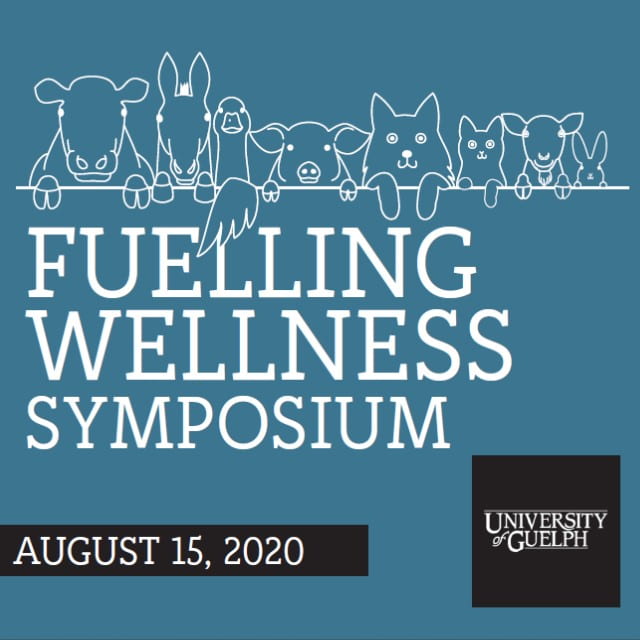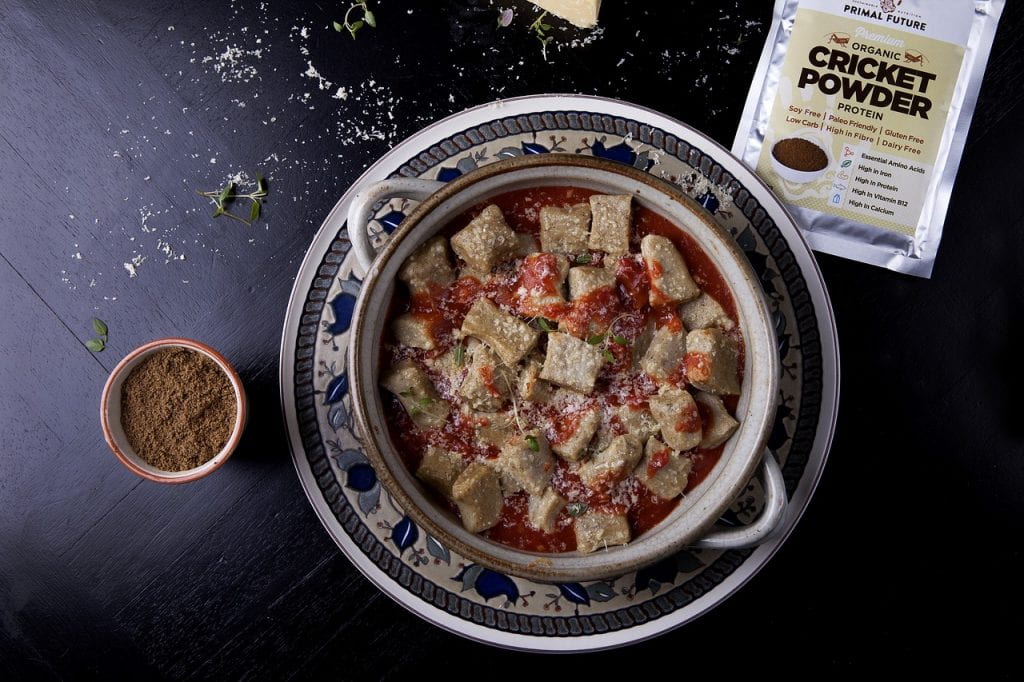A summary of a day unlike any other!
Fuelling Wellness Symposium

The Fuelling Wellness Symposium was the final day of the Global Animal Nutrition Summit. This event was to provided a platform for open and inclusive pet nutrition and collaboration, open to all skilled pet professionals. To optimize attendee’s educational opportunities, three streams were offered; the veterinary, paraprofessional and equine streams. Attendees were able to attend multiple streams and even return to view other streams after the recorded live sessions were posted.
Health & Sustainability Panel
The paraprofessional and veterinary streams started the day with the health and sustainability panel, featuring Dr. Benjamin Broher, Dr. Anna Kate Shoveller, and Dr. Tammy Owens. The speakers in this panel explored the protein consumption trends in human nutrition, related trends in animal nutrition and how this may provide some new opportunities for veterinary nutrition in the coming years. This panel helped to lay the groundwork for the day for all three streams, linking the overarching theme of the Global Animal Nutrition Summit, “What Does the Future Hold for Feeding Animals?” and improving health and wellness of our companion animals through nutrition.
Dr. Broher cited that, “…55% of Canadians want to include more plant-based foods to eat “cleaner” (avoid processed food).” He also introduced the idea of new proteins in the food supply stream, such as insects, aquaculture, and cultured meats as an alternative and sustainable source of protein and discussed some of the challenges of these alternatives.

Exploring the subject of protein quality and how to evaluate it in pet food, Dr. Shoveller tied together trends in human nutrition and upcoming research into new protein sources and what our pets truly need. She explained that protein quality should be determined by the protein content, the amino acid composition, and the protein and amino acid digestibility. This should be compared to the unique requirements of each species. Further to this, Dr. Owens highlighted specific amino acid requirements such as taurine requirements in cats.
Equine Stream
Equine Guelph and our own Nicole Weidner utilized a live model, their model system, images and videos to take participants through a tour of the equine digestive system. Kudos to all who worked so hard to make an interactive workshop work so well in a webinar format. Special thanks to Jack, who was the true star of the show!
Dr. Wendy Pearson explored the hindgut microbiome of the horse, how changes in grains and forage alter the microbiome and the potential efficacy and role of probiotics in equine health. Interestingly, Dr. Pearson shared that the microbiome may actually alter eating behaviour of the host in order to acquire their preferred substrate. Dr. Pearson encouraged a critical examination of research data supporting the use of prebiotics and probiotics ad a nutritional supplement for horses. To expand on this idea, resident Marie-Celine Hottat presented various equine supplements, their efficacy, use and safety.
Mycotoxins are the harmful substances formed by organic growth in animal feed, and may be present in grains, forage and dried hay consumed by animals. Dr. Younes Chorfi explained how these form in horse feed, how to prevent it, what testing is performed and their potential effects in horses. Much of the research in Canada has focused on other species, highlighting a need for further research on mycotoxins in horses.
All species are unique and just as a cat is not a small dog and a dog is not a human child, a donkey is not a horse or pony and has vastly individual nutritional and feeding requirements when compared to his other equine counterparts. The Donkey Sanctuary’s Kayla Johnson shared valuable insights on this exceptional animal and how to best manage their nutrition plans.
Paraprofessional Stream
Dr. Shoveller helped participants understand in clear terms what our canine and feline patients really need from their diets in order to meet all of their basic needs. This was delivered in a thought-provoking and interesting way, helping participants understand the true base requirements for our pets’ foods. Dr. Caitlin Grant explored common alternative diets, what they are, what makes them unique and potential risks of each. Encouraging active at-home participation with labels at home, in addition to provided examples, Kelly Gredner and Robin Sarr then walked through dog and cat pet food labels, what information is truly valuable and overall how to read and interpret pet food labels. Finally, Vicky Ograin helped the audience understand just how much research, science and technology can go into making a pet food.
Veterinary Stream
Building from the ideas introduced in the health and sustainability panel, Dr. Sarah Dodd presented her research conducted on feeding trends and objectives in dogs and cats, examining a desire for more plant-based proteins, homemade diets and treats. She determined that the majority of pets do receive at least some home prepared treats or food, if not entirely. Dr. Tammy Owens walked participants through the need for evaluation of homemade diets and how to help these clients navigate this feeding method to promote, rather than risk, patient health and wellness.
Ashely Self helped veterinary stream participants understand how to perform a nutrition assessment on every patient and what to assess in order to ensure patients are not at risk for a nutritional imbalance, excess, or deficiency. Furthermore, she encouraged Registered Veterinary Technicians to take on an essential role in nutrition assessments and intervention.
When obesity or the condition of excess body fat is determined in a nutrition assessment, a weight loss program should be determined and prescribed. Dr. Camilla Baptista de Silva shared tips and guidelines for implementing a successful weight loss program for patients and how best to ensure long term success. In order to communicate all of this essential information effectively enough to ensure a change in behaviour, Dr. Clare MacMartin shared essential communication hacks for a more successful nutrition consultation.
Thank you to participants, our speakers and our sponsors, Hill’s Pet Nutrition, Mad Barn and Pet Trust. A big thank you as well to our co-hosts, Equine Guelph and The Canadian Academy of Veterinary Nutrition, for making the Fuelling Wellness Symposium a complete success!
Written by Shoshana Verton-Shaw, RVT, VTS (Nutrition)


